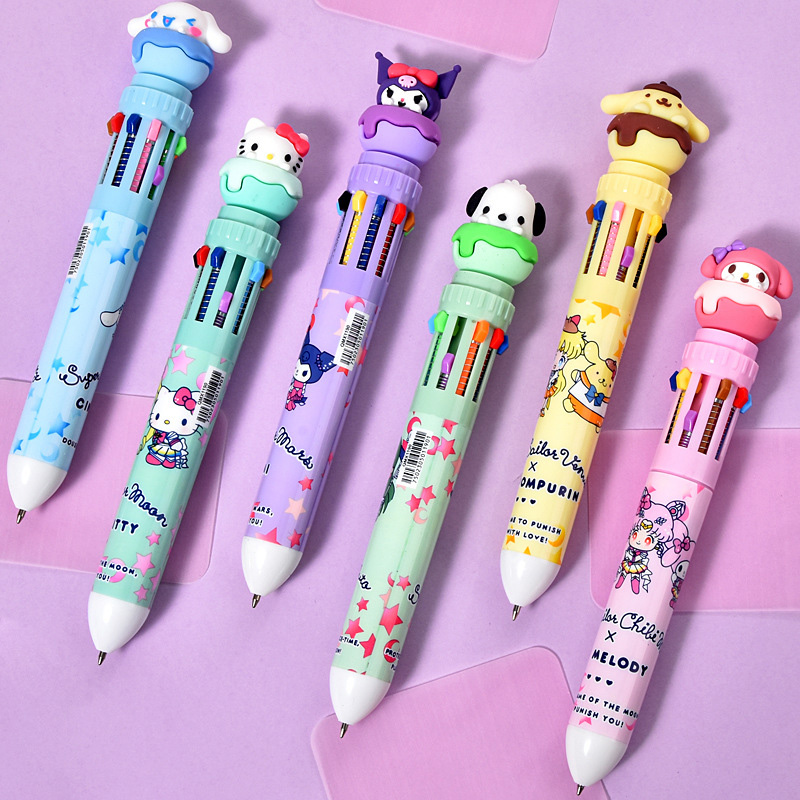While keyboards and touchscreens dominate modern communication, writing pens continue to hold a vital role across education, business, and creative industries. Far from being obsolete, pens are experiencing a resurgence in relevance—driven by evolving consumer preferences, mindfulness trends, and an appreciation for the physical act of writing. With continuous innovation in materials, ink technology, and design, the writing pen industry is adapting to modern needs while preserving the timeless value of handwriting.
A Reawakening of Analog Expression
In an increasingly digital world, many individuals are rediscovering the personal and cognitive benefits of putting pen to paper. Scientific research continues to confirm that handwriting boosts memory retention, enhances learning, and fosters deeper emotional connections—qualities that digital input often lacks. As a result, writing pens are finding new life among students, professionals, and creatives who value a more intentional, tactile form of expression.
Retailers and manufacturers report strong demand for quality pens across all categories—from everyday ballpoints and gel pens to premium fountain pens. This shift is supported by a growing community of analog enthusiasts who use pens not only for practical note-taking but also for journaling, calligraphy, and sketching.
Everyday Utility Across Sectors
Despite the rise of digital documentation, pens remain essential tools in workplaces, schools, and public institutions. In business settings, signing contracts, taking notes during meetings, and annotating printed reports are everyday tasks that still rely on pens. Legal, medical, and governmental sectors continue to require hard-copy records and ink signatures, making writing pens indispensable to daily operations.
In classrooms, teachers and students alike use pens for writing exercises, exams, and personal note-taking. Educational experts emphasize that the act of writing by hand contributes to better focus and cognitive processing in learners—a key reason why pens are a staple in educational supply kits worldwide.

Even in logistics, customer service, and fieldwork—where digital devices are often impractical—pens remain critical tools for quick, portable documentation.
Diverse Formats, Personalized Function
One of the industry’s strengths is the wide variety of writing pen types designed for different uses and preferences. Ballpoint pens are valued for their durability and long-lasting ink, while gel pens offer a smoother glide and more vibrant colors. Rollerball pens combine fluid writing with quick-drying capabilities, making them ideal for left-handed users.
Fountain pens, once considered niche, are making a comeback among writing enthusiasts who enjoy the aesthetic and customizable nature of nibs and inks. Their resurgence is fueled in part by social media influencers and stationery communities that celebrate slow, deliberate writing practices.
Many brands now offer hybrid pens that combine characteristics from different pen types, catering to users who want performance without compromise. Features such as rubber grips, ergonomic designs, and refillable cartridges further enhance user comfort and sustainability.
Ink Innovation Enhancing Performance
Modern writing pens benefit from continuous advancements in ink formulation, designed to meet today’s performance expectations. Manufacturers are developing ink that resists smudging, fading, and bleeding—ensuring clear, professional results on a variety of paper types.
Quick-dry inks are particularly popular in fast-paced work environments, while archival-quality inks are for legal documentation or artistic purposes. Brands are also experimenting with eco-friendly inks that are non-toxic and water-based, appealing to health-conscious and environmentally aware consumers.
Some pen lines now offer scented or erasable inks, aimed at younger users or creative applications, broadening the appeal of writing pens beyond traditional contexts.
Sustainability Reshaping Consumer Choice
As global awareness of environmental issues grows, the writing pen industry is responding with more sustainable practices and products. Refillable pen systems are becoming mainstream, reducing plastic waste and encouraging long-term use. Pen bodies made from recycled plastics, biodegradable materials, or even bamboo are gaining traction, especially among eco-conscious students and professionals.
Packaging is also evolving, with many brands switching to recyclable paper boxes or eliminating single-use plastic wrapping altogether. These changes reflect broader consumer demand for products that align with ethical and sustainable values.
Major retailers are beginning to prioritize sustainable pens in their catalogs, and bulk buyers—from schools to corporations—are including eco-criteria in their procurement decisions.